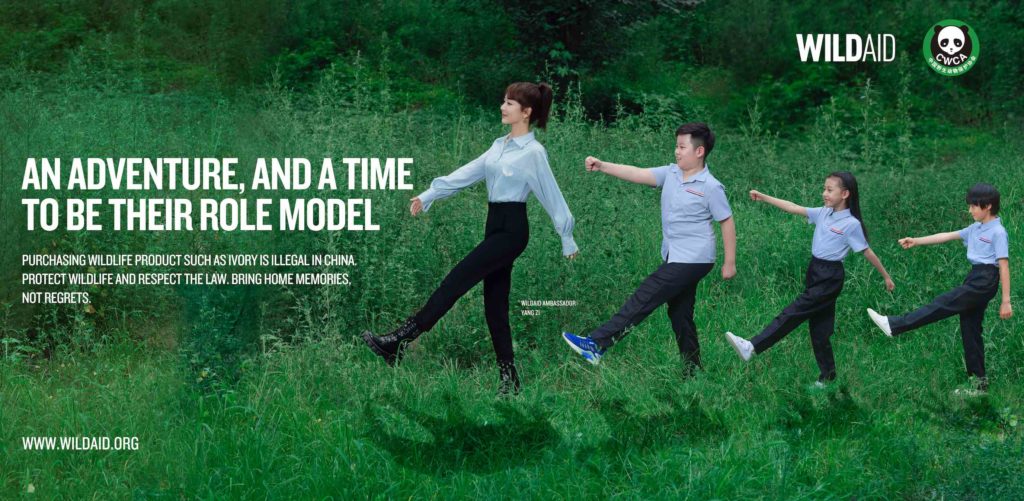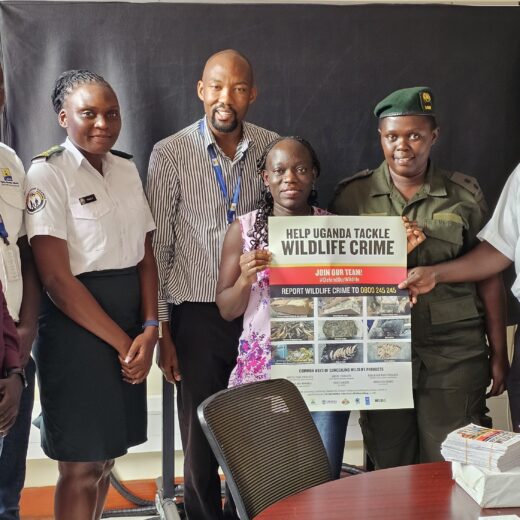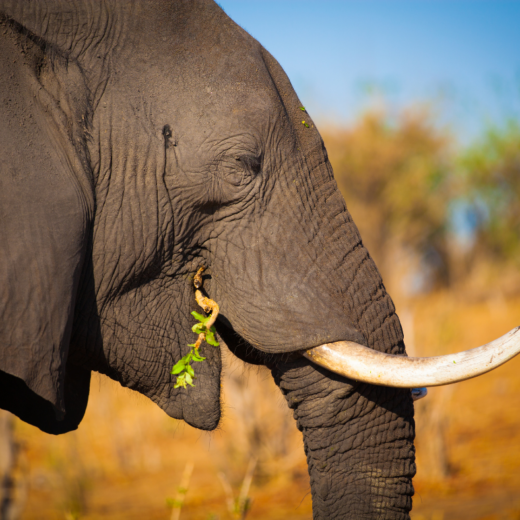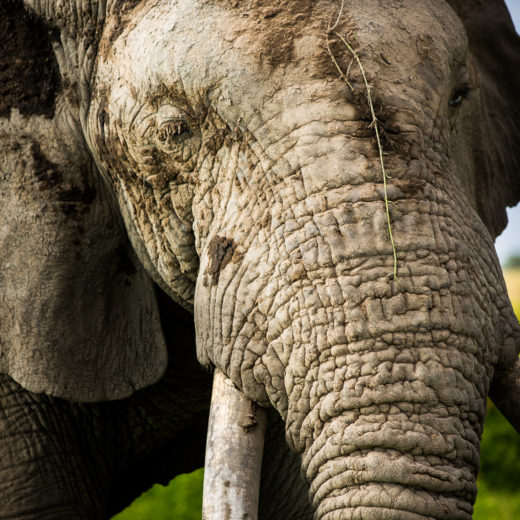
A recent report by GlobeScan and WWF found that demand for ivory in China continues to decrease since the country banned domestic trade in 2017 and is now less than half of pre-ban levels. Just 18 percent of consumers surveyed intend to purchase ivory in the future, a significant drop from 43 percent pre-ban.
The large-scale consumer survey on elephant ivory trade in China found that consumers’ intent to purchase ivory has decreased to the lowest level since the study began in 2017 and 88 percent of those surveyed believed that the sale of ivory in China is illegal.
Gifting is reported to be the most popular reason that people may continue to buy ivory.
However, a small group (8%) defined as Diehard Buyers continue to purchase ivory, and the survey found they are even more firm in their resolve to purchase it. Among this group, the most compelling driver to purchase ivory is the perception of its artistic value.
Regular Overseas Travelers—those who travel outside of Mainland China more than once per year (travel was possible pre- COVID-19 in 2020)— remain the only group to have increased their rate of purchasing ivory compared to 2017 levels. They also maintain their future intention to purchase ivory while most other groups’ intention has dropped steadily over years.
WildAid and the China Wildlife Conservation Association today co-launched a new PSA and billboard entitled ‘Bring Home Memories, Not Regrets’ in China. The new campaign, led by popular actress Yang Zi, calls on families not to purchase ivory and other wildlife products as souvenirs, ahead of May Day, a peak vacation and travel period in China.
WildAid’s latest campaign aims to target this group with materials specifically designed to address the motivations of these travelers, with the goal of further reducing the demand for ivory.
In March 2021, eight leaders from China’s tourism industry pledged their commitment to tackling the illegal wildlife trade by signing the tourism industry’s Illegal Wildlife Trade Convention in Beijing. In their commitment, these tourism leaders pledged to train their staff to detect and report any illegal wildlife trade or suspicions of illicit trade to law enforcement officials. The convention also encourages tourism operators to offer increasing ecotourism experiences and promote ethical travel to their customers while engaging them on the issue of wildlife protection and the illegal wildlife trade.
“We applaud the recent actions being taken by tourism enterprises in China. By launching this new PSA and billboard we will encourage tourists to take responsibility for their behavior which will benefit the environment and wildlife,” said Chong Yu, Chief Representative of WildAid China.
The PSA and billboard will be placed in commercial districts and transportation hubs in more than ten popular tourist cities across the country, including Beijing, Shanghai, Guangzhou, Shenzhen, Chongqing, Hangzhou, Haikou, and Suzhou.
“We should do our best to protect nature and its wildlife, so that children have the opportunity to discover and enjoy the wild beauty of nature. This is the most precious gift we can leave to them,” said Yang Zi.


Stay in touch and get the latest WildAid updates.
SIGN UP


